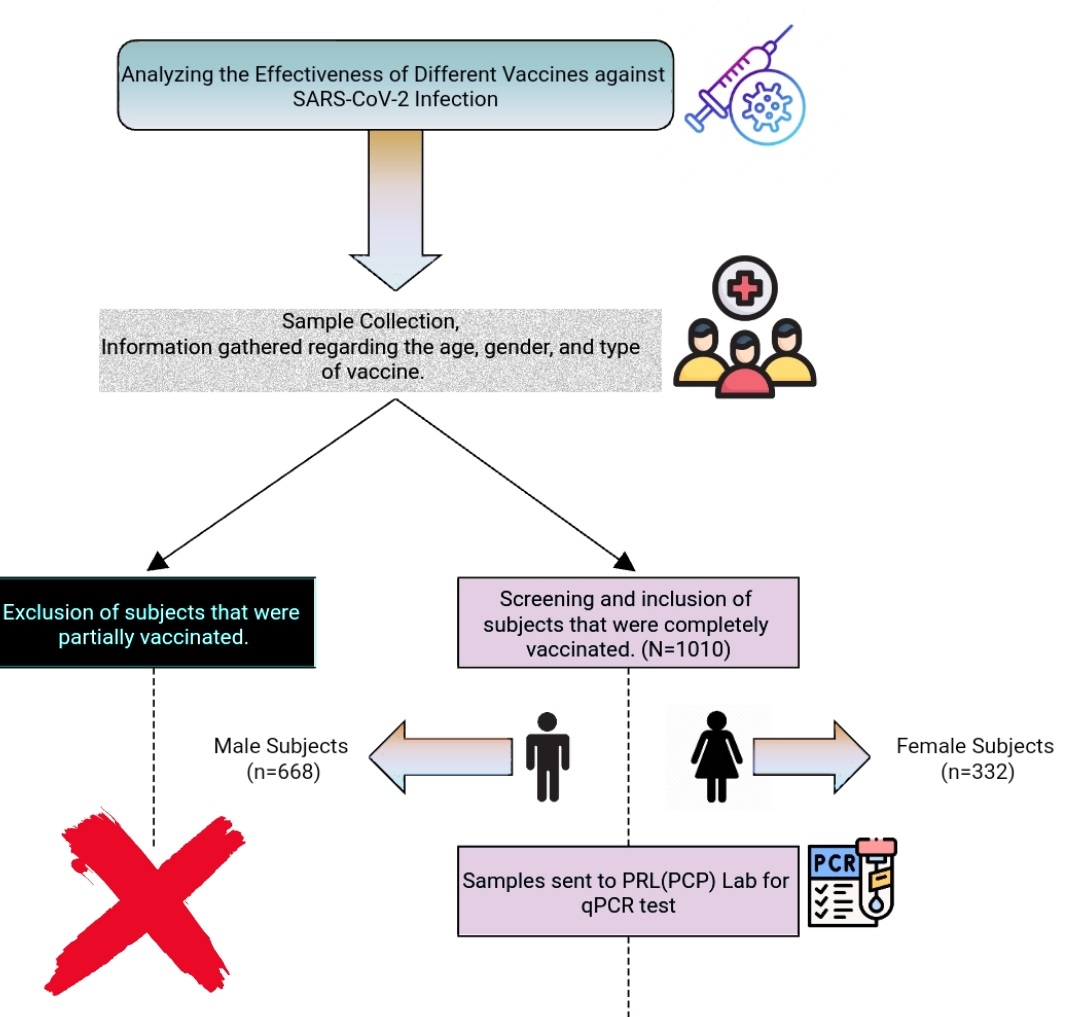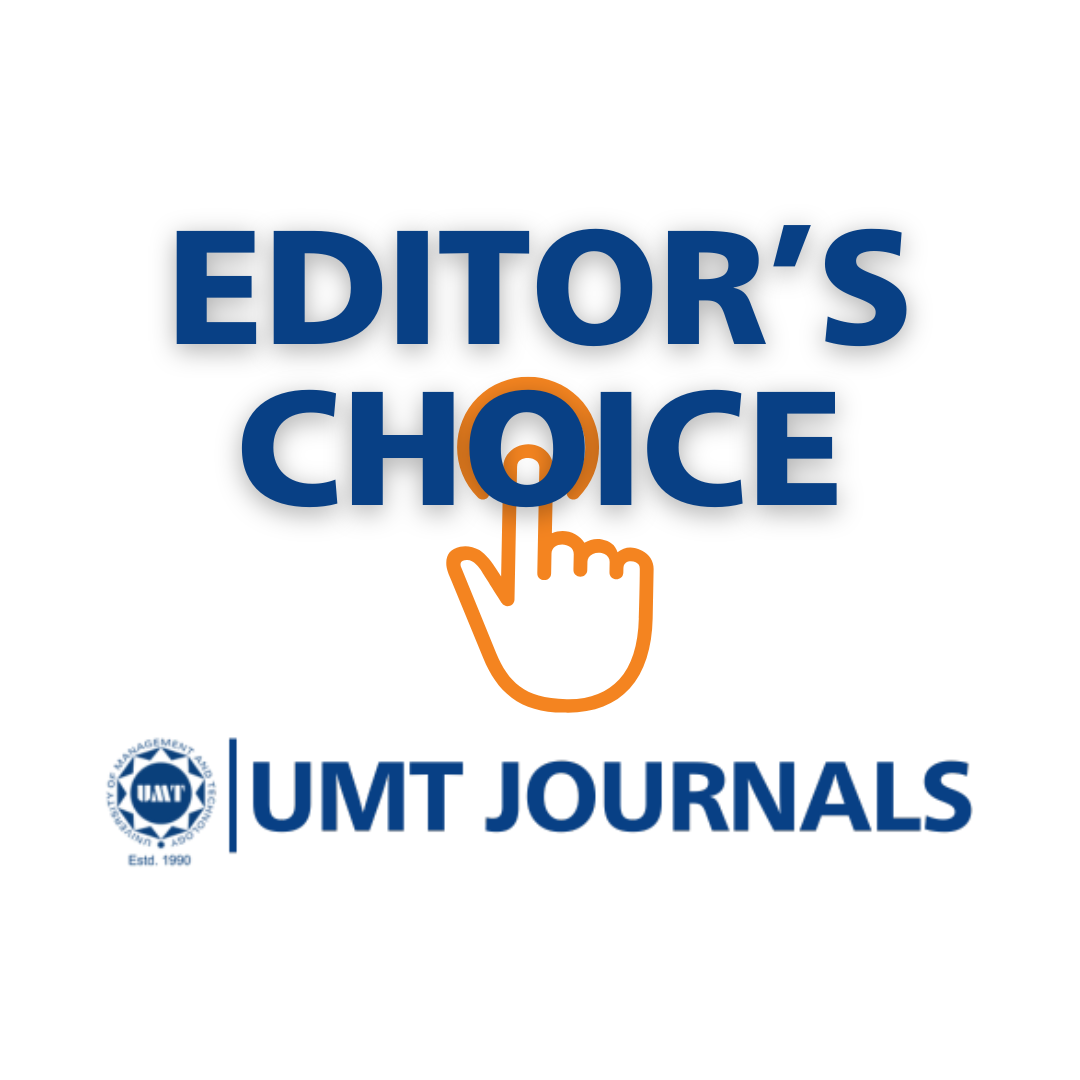Analyzing the Effectiveness of Different Vaccines against SARS-CoV-2 Infection: A Retrospective Study from Lahore, Pakistan
Abstract
 Abstract Views: 62
Abstract Views: 62
Coronavirus disease (COVID-19), a viral disease caused by severe acute respiratory syndrome coronavirus 2 (SARS-CoV-2), has affected the entire world, killing approximately 5 million people. The COVID-19 pandemic has raised several questions for the researchers to answer in terms of therapeutics and proteins. Several vaccines against SARS-CoV-2 are now available all around the world. These vaccines showed significant efficacy in clinical trials. However, some individuals become affected by COVID-19 even after vaccination. This study aimed to determine the effectiveness of different vaccines being used in Lahore, Pakistan on the basis of symptoms and relapse. This cross-sectional study was conducted at the Institute of Public health, Mayo Hospital, Lahore, Pakistan. Samples collected from September 18, 2021 to October 18, 2021 were included in the study. The nasopharyngeal swab samples of patients were collected and put in the viral transport medium (VTM) to safely transfer them to the diagnostic lab. Real-time PCR was used for the identification of the virus. The study found that some vaccinated people were affected by SARS-CoV-2 infection; however, the prevalence of the infection in such people was low (9.21%, 93 out of 1010). It was observed that most of the vaccinated patients remained stable. The authors did not commemorate any deaths among them. It was concluded that the vaccines that are currently available and being used have significant efficacy. However, future studies are required to determine their side effects.
Downloads

Copyright (c) 2023 Syed Sib Tul hassan Shah, Iqra Naeem, Sumaira Naeem

This work is licensed under a Creative Commons Attribution 4.0 International License.
BSR follows an open-access publishing policy and full text of all published articles is available free, immediately upon publication of an issue. The journal’s contents are published and distributed under the terms of the Creative Commons Attribution 4.0 International (CC-BY 4.0) license. Thus, the work submitted to the journal implies that it is original, unpublished work of the authors (neither published previously nor accepted/under consideration for publication elsewhere). On acceptance of a manuscript for publication, a corresponding author on the behalf of all co-authors of the manuscript will sign and submit a completed the Copyright and Author Consent Form.










